Description
ABB CI543 (3BSE010699R1) – Communication Interface Module for ABB Control Systems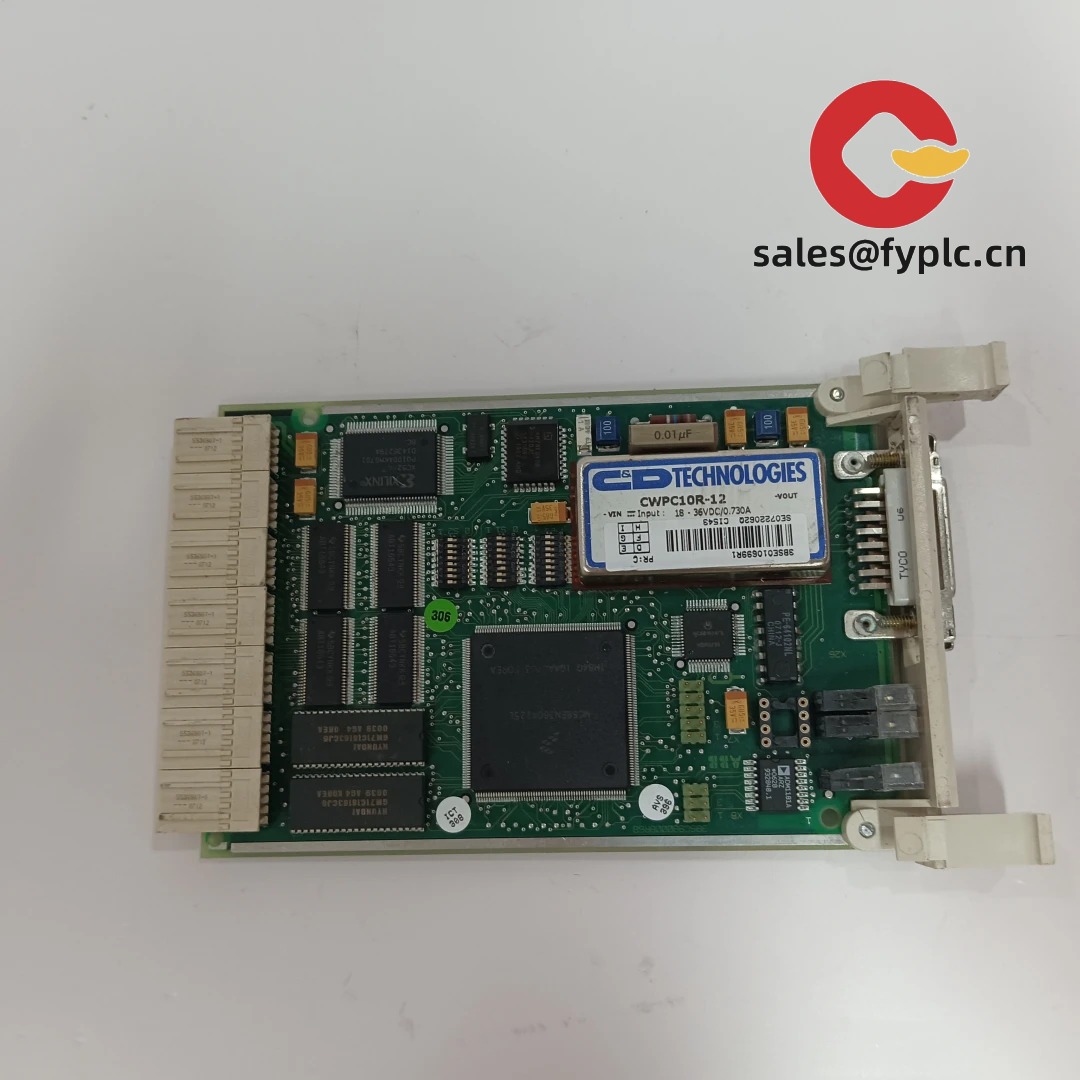
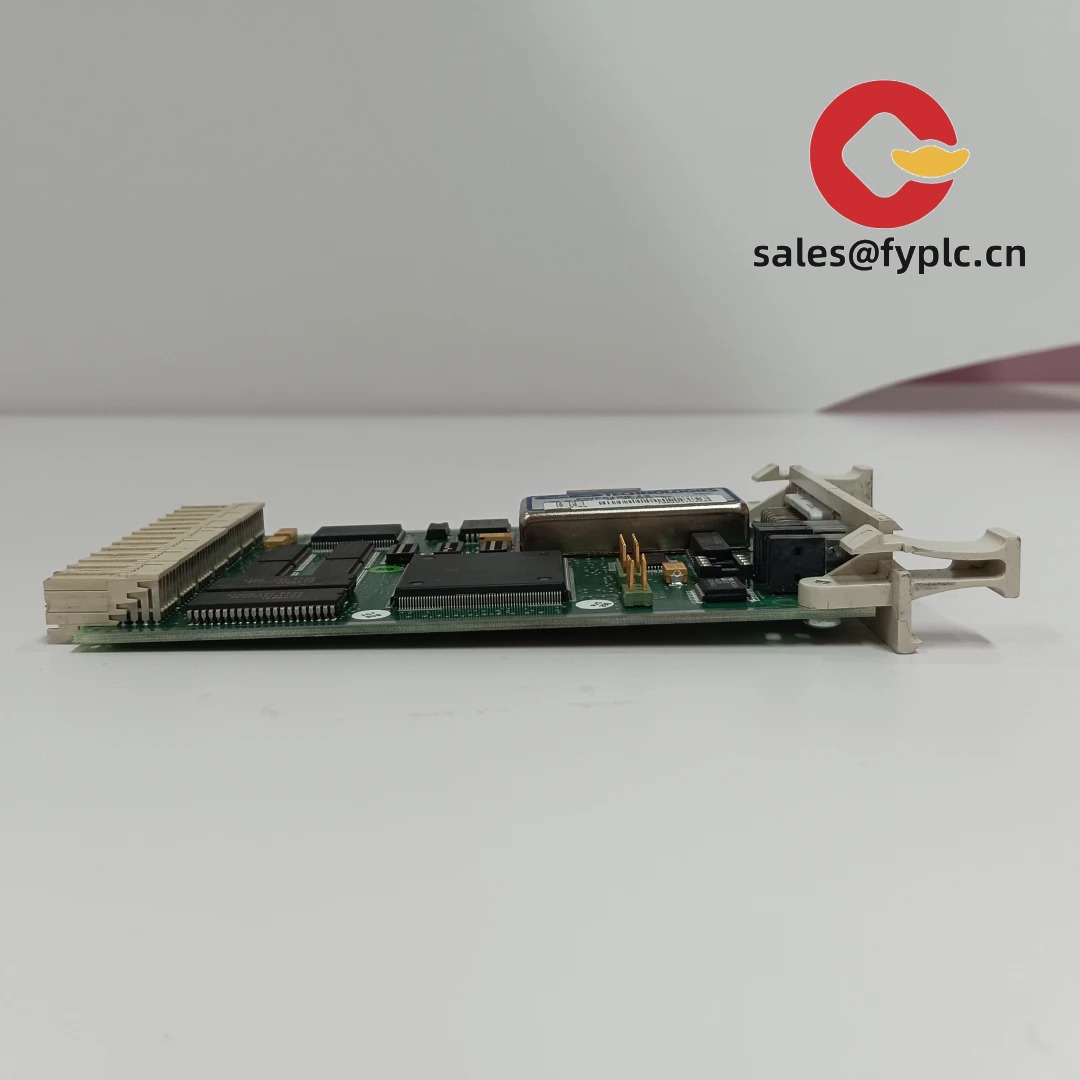
The ABB CI543, part number 3BSE010699R1, is a communication interface module used in ABB control architectures to bridge controllers and field subsystems. From my experience, it’s typically applied as a dependable link between the control CPU and external devices or I/O networks, keeping critical plant data moving with minimal fuss. You might notice that the CI-series follows ABB’s proven module format—compact, serviceable, and designed for long runtimes in harsh environments.
Our Order Placement Process and Guarantees
- Warranty: 365 days
- Delivery: 1 week when in stock; no more than one month at the latest
- Payment: 50% advance payment; full payment prior to delivery
- Express options: FedEx, UPS, DHL
Key Features
- Genuine ABB spare (3BSE010699R1) – Traceable part number for straightforward maintenance strategies and lifecycle planning.
- Robust industrial design – Built for 24/7 operation; seems to be very tolerant of typical cabinet conditions when properly ventilated.
- Diagnostic status LEDs – Quick visual checks help technicians isolate communication or bus issues faster during shift work.
- Hot‑swap serviceability – In many cases, the module can be replaced in a powered system base designed for such maintenance, reducing downtime.
- Integration with ABB engineering tools – Streamlined configuration and diagnostics alongside the controller and I/O environment.
- Compact footprint – Saves cabinet space and fits standard ABB bases to keep layouts clean and accessible.
- Long-term availability mindset – A stable hardware platform makes spares planning simpler for plants targeting multi-year reliability KPIs.
Technical Specifications
| Brand / Model | ABB CI543 – 3BSE010699R1 |
| HS Code | 8538.90 |
| Power Requirements | 24 V DC, typically supplied via the ABB system base/backplane |
| Dimensions & Weight | Single-width plug-in module; compact ABB form factor for control cabinets |
| Operating Temperature | Typically 0 to +55°C (control cabinet environment) |
| Signal I/O Types | Industrial communication signals; status via front-panel LEDs; backplane/system-bus connection |
| Communication Interfaces | Interface to ABB system backplane and one external field communication channel (protocol as per project configuration) |
| Installation Method | DIN-rail mounted base unit; plug-in replacement; field wiring via the associated terminal unit |
Application Fields
Plants that standardize on ABB control systems typically deploy the CI543 wherever a reliable interface link is needed between the controller and a field network or subsystem. Common examples:
- Power generation and utilities – controller-to-balance-of-plant gateways and remote I/O bridges.
- Oil & gas, chemicals, and petrochem – robust links in hazardous-area distributed I/O architectures (used in safe areas with proper segregation).
- Pulp & paper, metals, and mining – subsystem integration for drives, weighers, and process skids.
- Water & wastewater – reliable communications to remote panels across treatment stages.
A maintenance lead at a cement plant mentioned that swapping a CI-series interface like this took under 20 minutes during a planned stop, mostly because the wiring and addressing stayed consistent across generations.
Advantages & Value
- Reliability – Stable communication layer that helps avoid intermittent faults that are hard to diagnose.
- Compatibility – Designed for ABB control ecosystems; simplifies spares management and engineering workflows.
- Reduced downtime – Plug-in serviceability and clear status LEDs speed up troubleshooting.
- Lifecycle cost savings – Longer service intervals and firmware support typically lower total cost of ownership.
- Technical support – Easy to align with ABB documentation and toolsets for commissioning and maintenance teams.
Installation & Maintenance
- Cabinet requirements – Mount on a suitable DIN-rail base in a well-ventilated enclosure; follow typical spacing to maintain airflow.
- Wiring – Keep shield terminations consistent; segregate power and signal; observe grounding best practices to minimize noise coupling.
- ESD and handling – Use ESD protection when inserting/removing modules; verify keys and guides before seating the module.
- Configuration – Match firmware and configuration to the controller project. From my experience, confirming the protocol and addressing before startup avoids most commissioning delays.
- Routine maintenance – Periodically inspect connectors, clean dust with dry air, and review diagnostic logs. Plan firmware updates during scheduled outages.
Quality & Certifications
- CE compliant; RoHS conformity typically provided by ABB for this series.
- UL/cUL markings are available on many ABB control modules; verify the exact label for plant documentation.
- Manufactured under ISO 9001 quality systems.
- Warranty: 365 days.

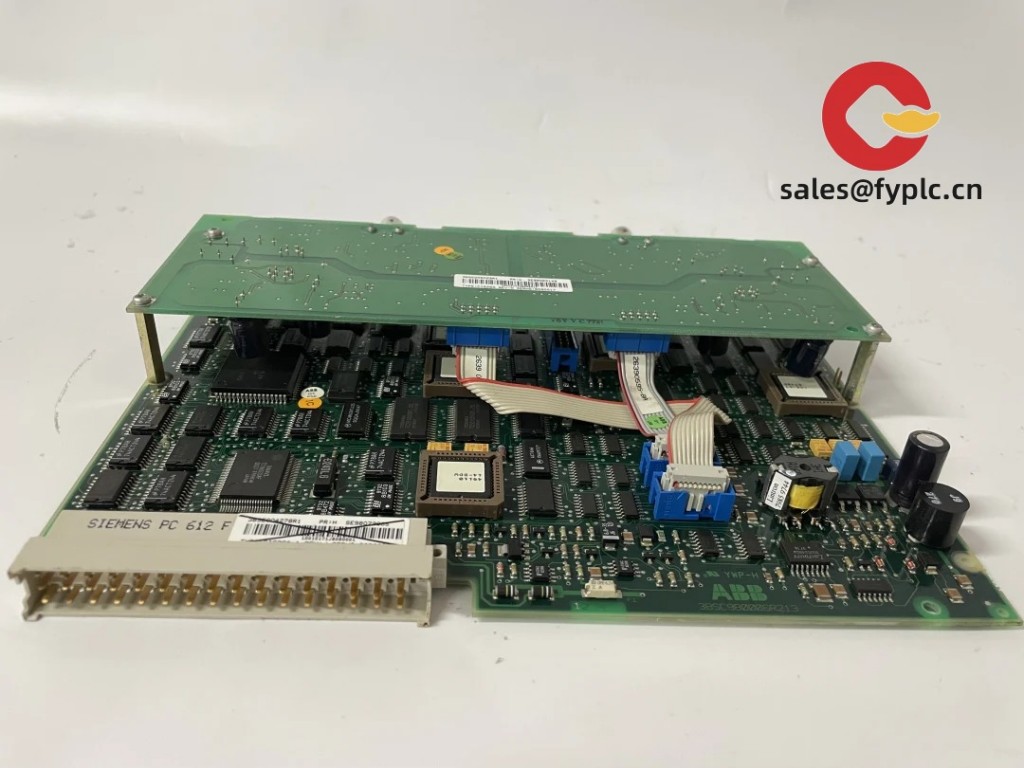
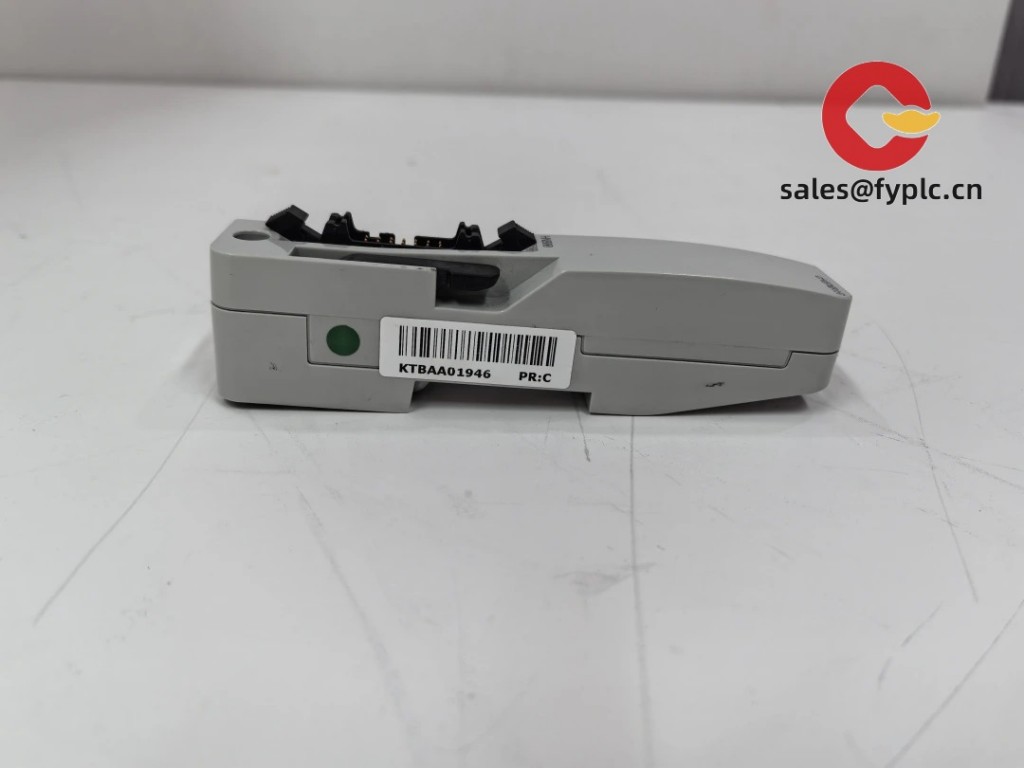
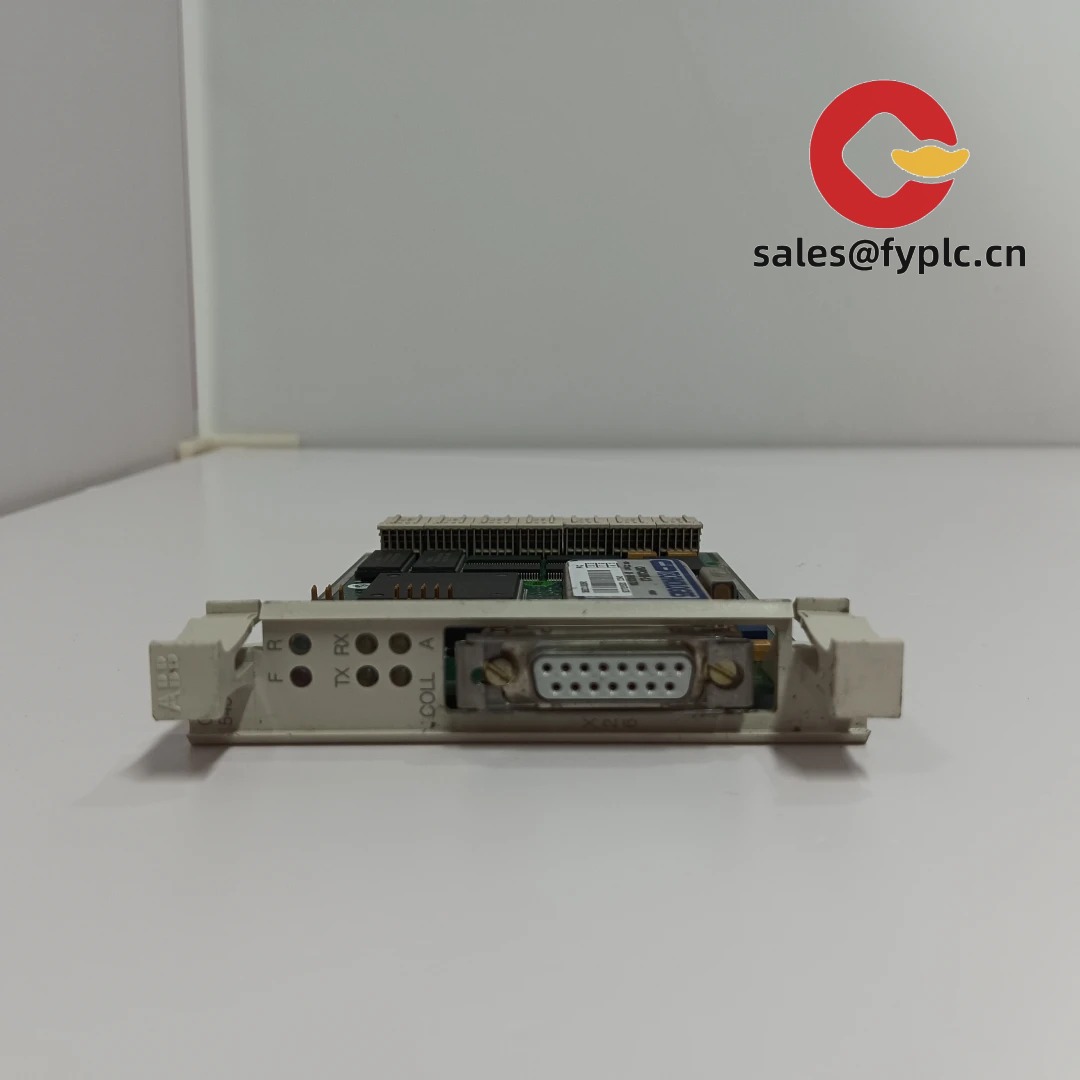
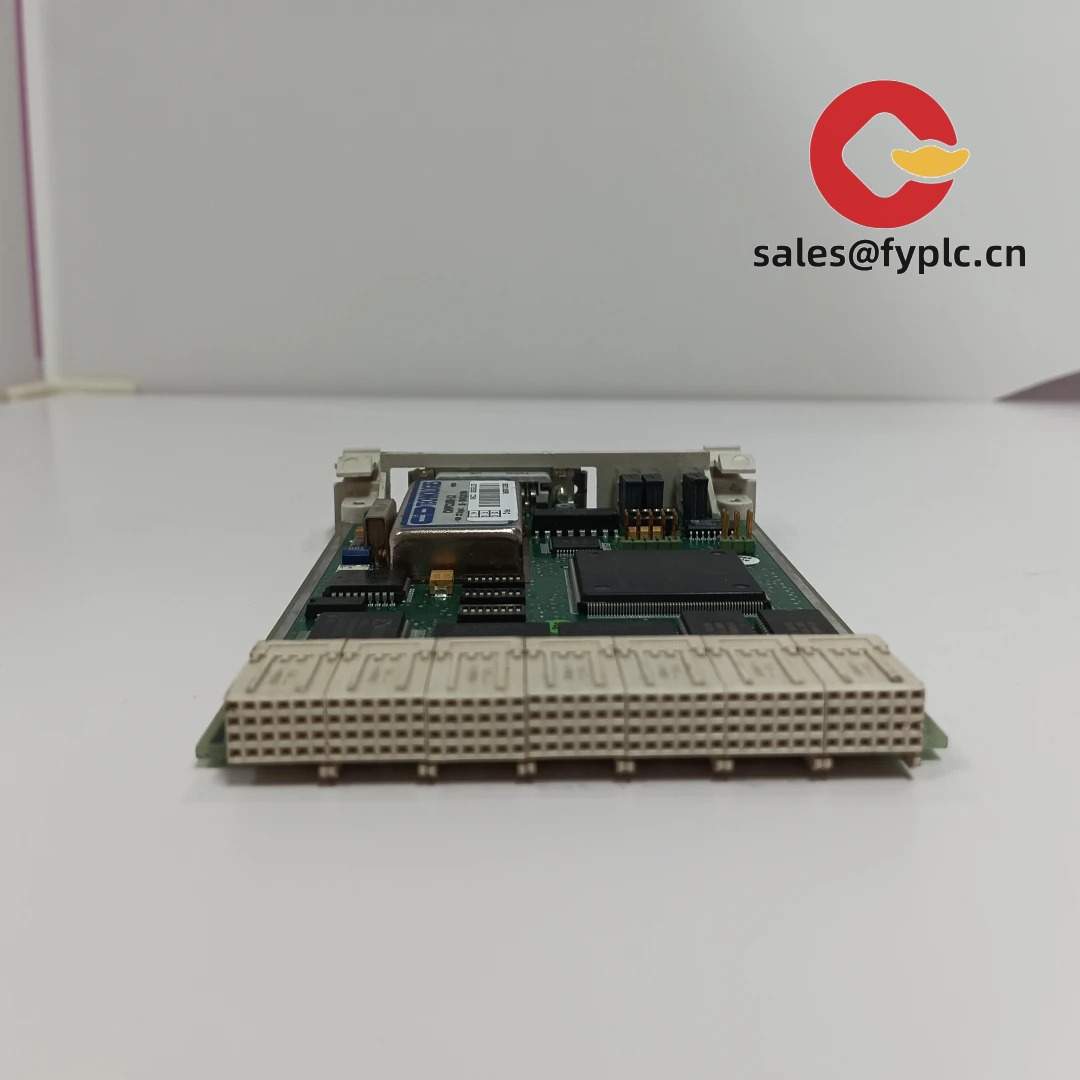

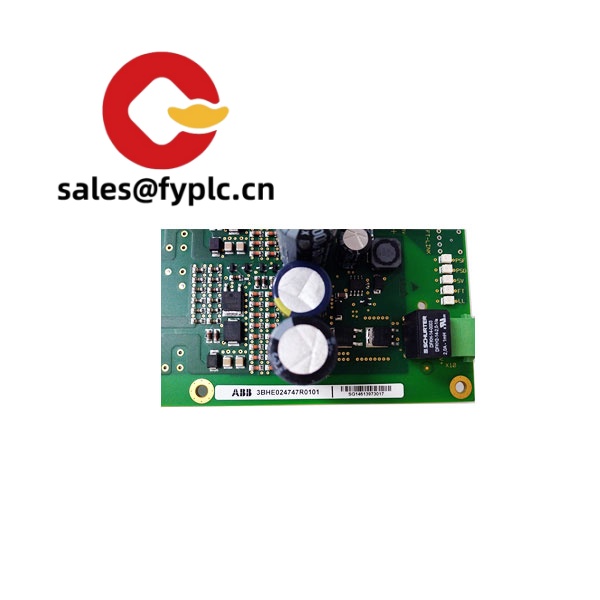
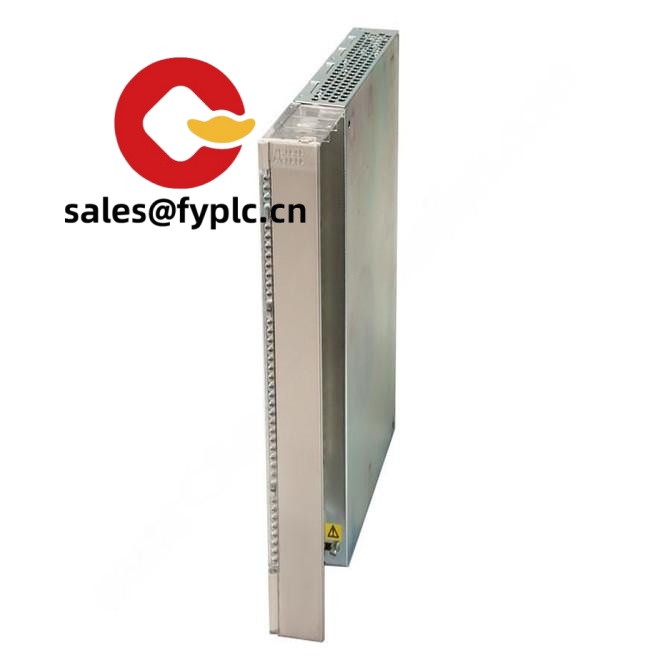
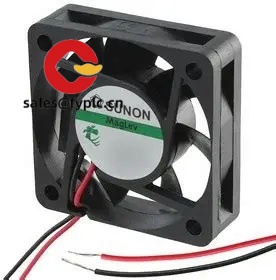
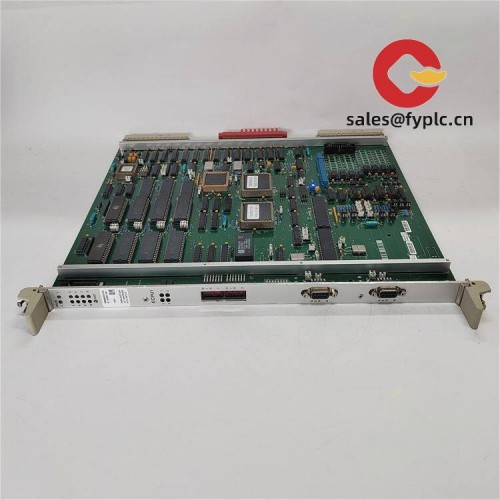
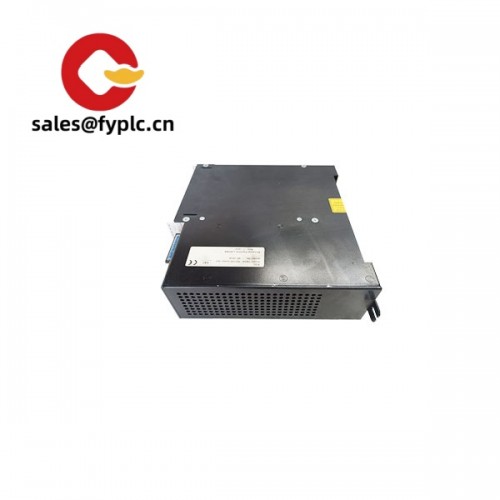
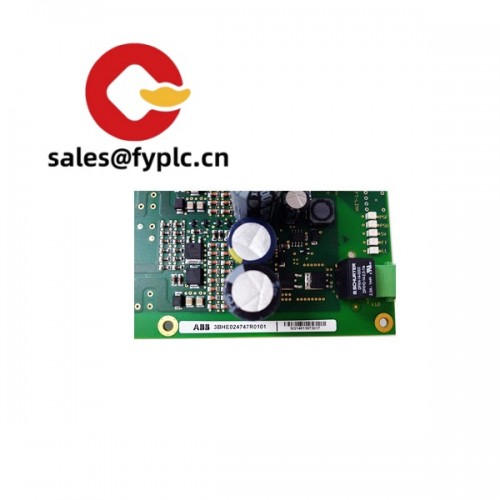
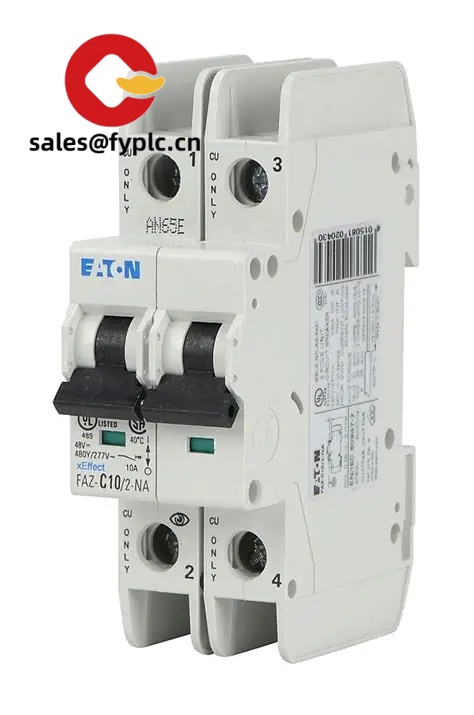


Reviews
There are no reviews yet.